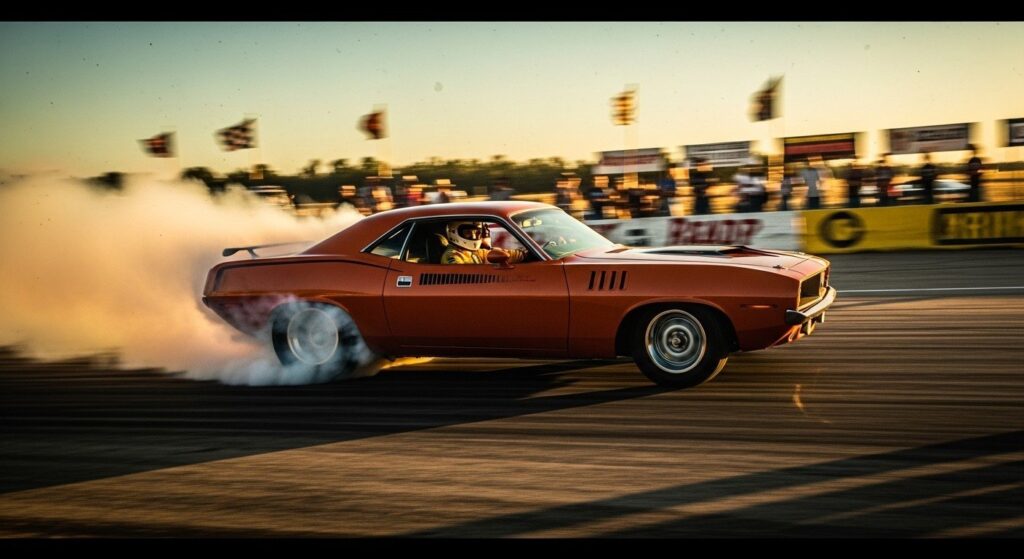The sight of a classic car rolling down the street always makes people turn their heads. There is something about the shine of chrome, the growl of an engine built decades ago, and the curves of a body designed in another era that keeps drawing us in. Even with modern vehicles boasting advanced technology and comfort, classic cars still carry an irresistible charm that never fades.
One of the reasons classic cars hold their ground is nostalgia. For many people, these vehicles connect to memories of childhood, family road trips, or stories told by parents and grandparents. A vintage Volkswagen Beetle, for example, can stir up images of simpler times and carefree driving. Nostalgia creates an emotional bond, making these cars far more than just machines. They become symbols of personal history and cultural moments that people want to preserve.
Design is another factor that keeps classic cars relevant. Many modern vehicles are built with efficiency and aerodynamics in mind, which can sometimes lead to uniform shapes and predictable styling. Classic cars, however, often carry bold and distinct identities. Think of the sweeping fins of a Cadillac from the 1950s or the muscular stance of a Ford Mustang from the late 1960s. Each model reflected the creativity and ambition of its time. Owning one is like having a piece of art that can be driven, admired, and celebrated.
The mechanical nature of classic cars also adds to their appeal. While today’s cars rely heavily on electronics, sensors, and software, older cars are easier to understand mechanically. Many enthusiasts enjoy the hands-on experience of maintaining and repairing their classics. Tuning a carburetor or polishing chrome trim can feel rewarding in ways that modern diagnostics never quite capture. Classic cars invite their owners to form a deeper connection through care and craftsmanship.
Rarity also plays a major role in keeping classic cars timeless. As the years go by, fewer of these vehicles remain on the road. A well-preserved or carefully restored model becomes a prized possession. Rarity drives value, not just in terms of money but also in status. Bringing a 1967 Chevrolet Camaro to a car meet guarantees attention and respect because it represents something scarce and iconic. That scarcity ensures that classic cars will always stand apart.
Community is another aspect that fuels the love for classics. Around the world, car clubs and enthusiasts gather to showcase their vehicles, exchange stories, and share knowledge. These communities keep traditions alive and create spaces where appreciation of history thrives. Owning a classic car often means joining a wider family of people who understand the joy of keeping the past alive. The social connection becomes part of the ownership experience.
The investment side of classic cars cannot be ignored. While not every old car gains value, certain models appreciate over time. Collectors see them as assets that combine beauty and financial potential. Unlike most modern cars that lose value quickly, many classics rise in worth when cared for properly. This potential for long-term value adds another layer of attraction, especially for those who see their car as both a passion project and a smart investment.
Cultural influence strengthens the appeal of classic cars even further. Many models have been immortalized in movies, music, and television. The Aston Martin DB5 will forever be linked to James Bond, while the DeLorean instantly sparks memories of “Back to the Future.” When a car becomes tied to popular culture, it stops being just a vehicle and transforms into a symbol recognized across generations. These cultural connections ensure that even people who never owned one still admire them.
At their core, classic cars represent freedom and individuality. They stand as reminders of eras when design was daring, engines were raw, and cars were not just about transportation but about expression. Modern vehicles may surpass them in safety, technology, and efficiency, but they cannot replace the feeling of stepping into a machine that carries decades of history and character.
That is why classic cars never go out of style. They combine nostalgia, bold design, mechanical simplicity, rarity, community, investment potential, and cultural influence in a way that modern cars cannot replicate. Each one tells a story, not only of the manufacturer and the time it was built, but also of the people who keep it alive. For many enthusiasts, owning a classic car is not about keeping up with trends. It is about preserving something timeless that continues to turn heads and spark conversations year after year.


